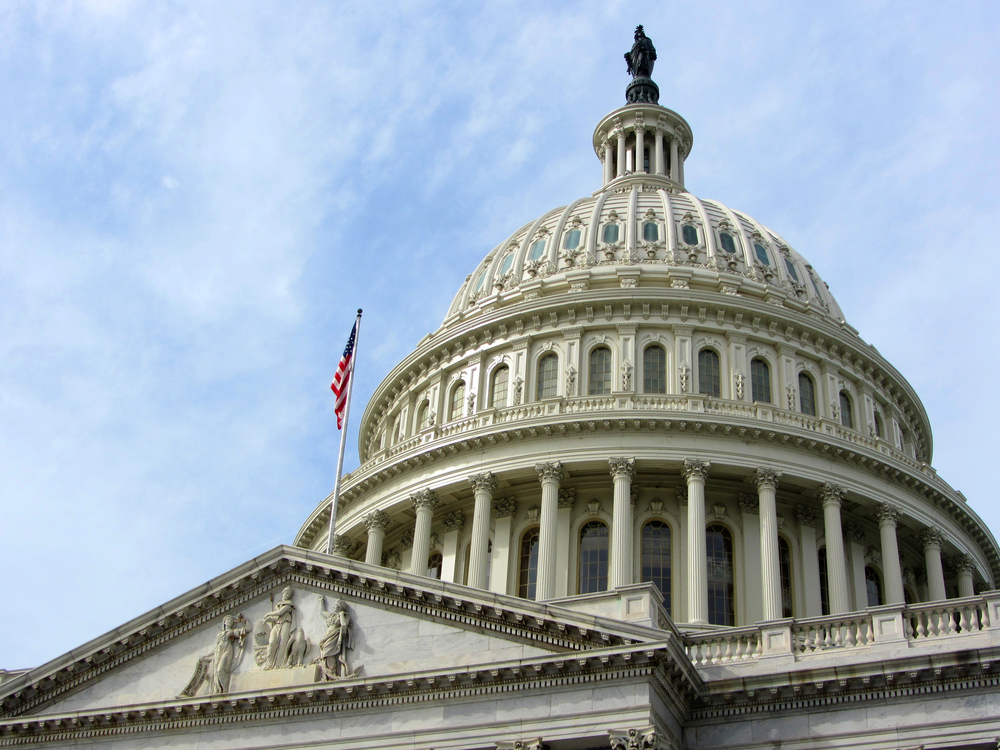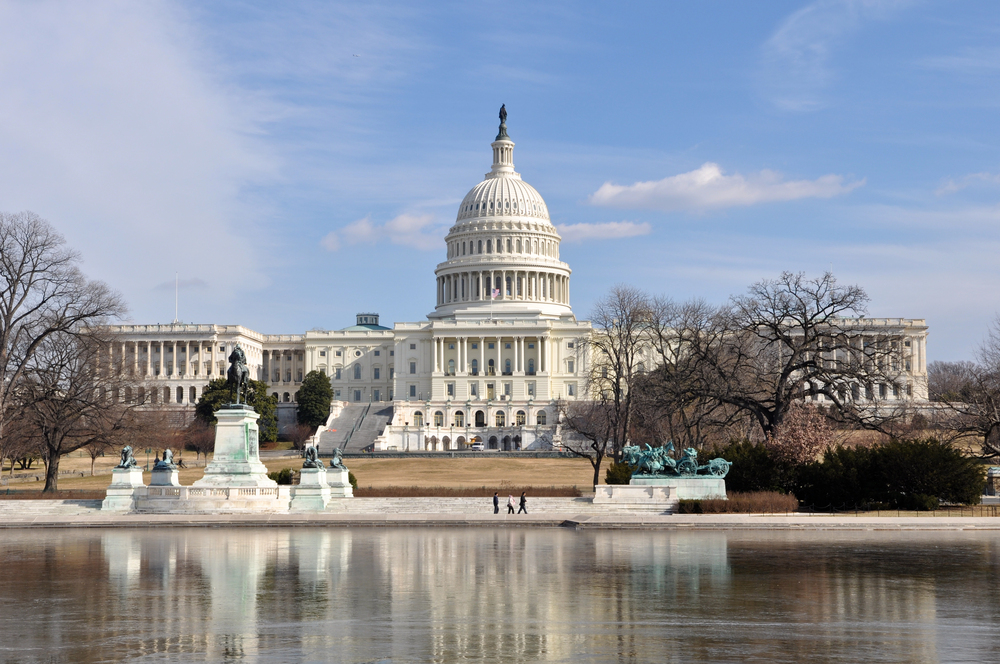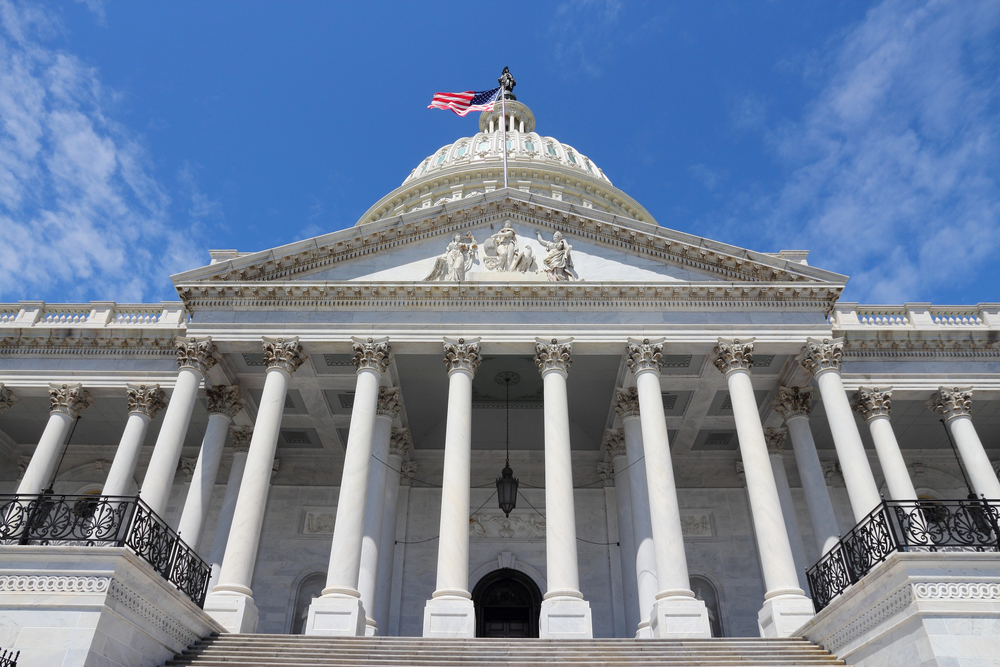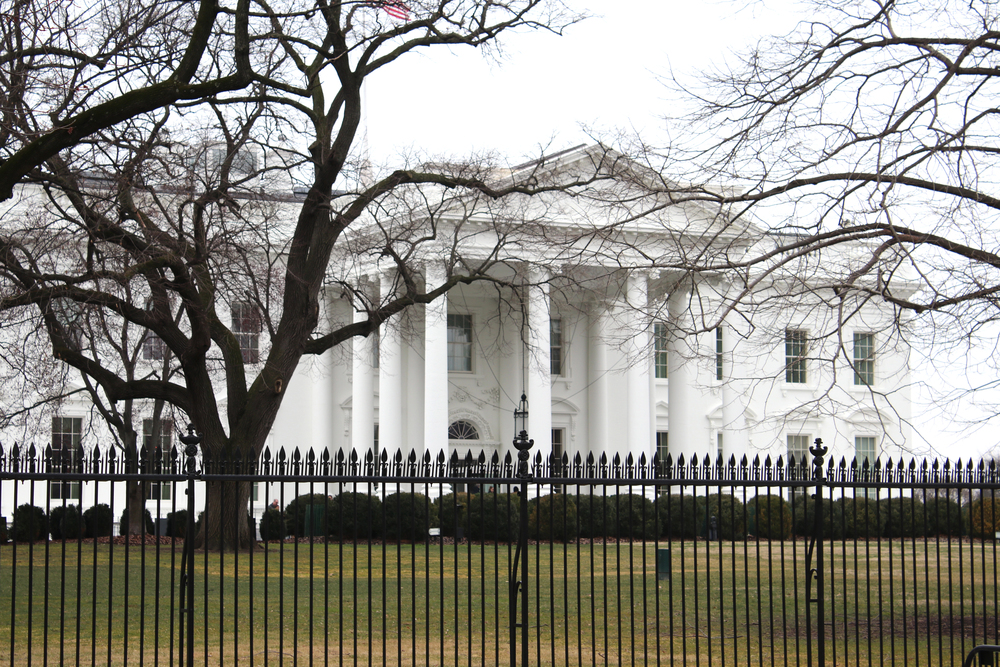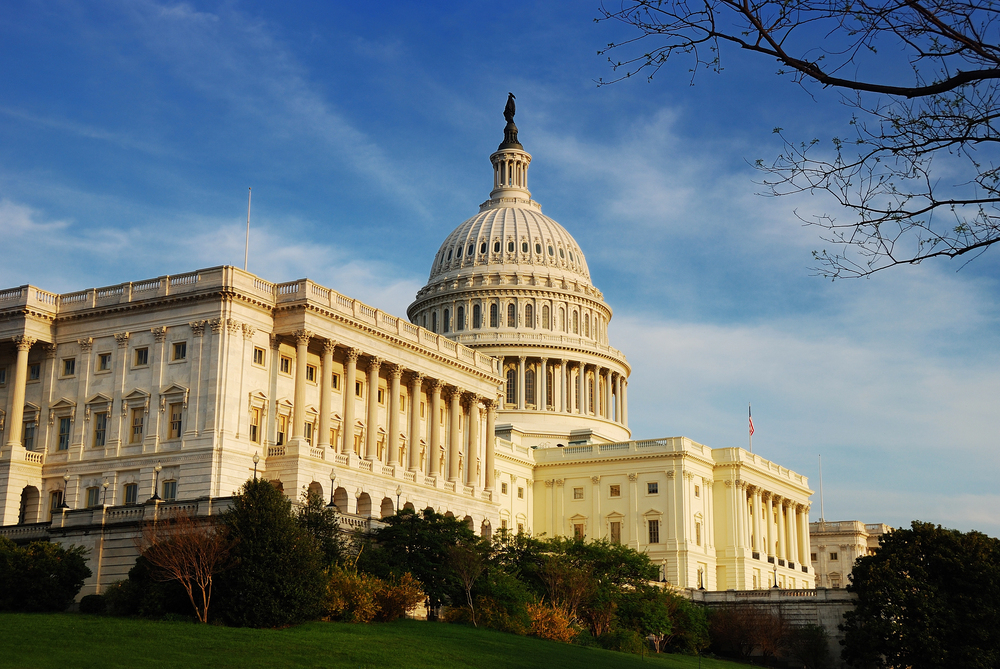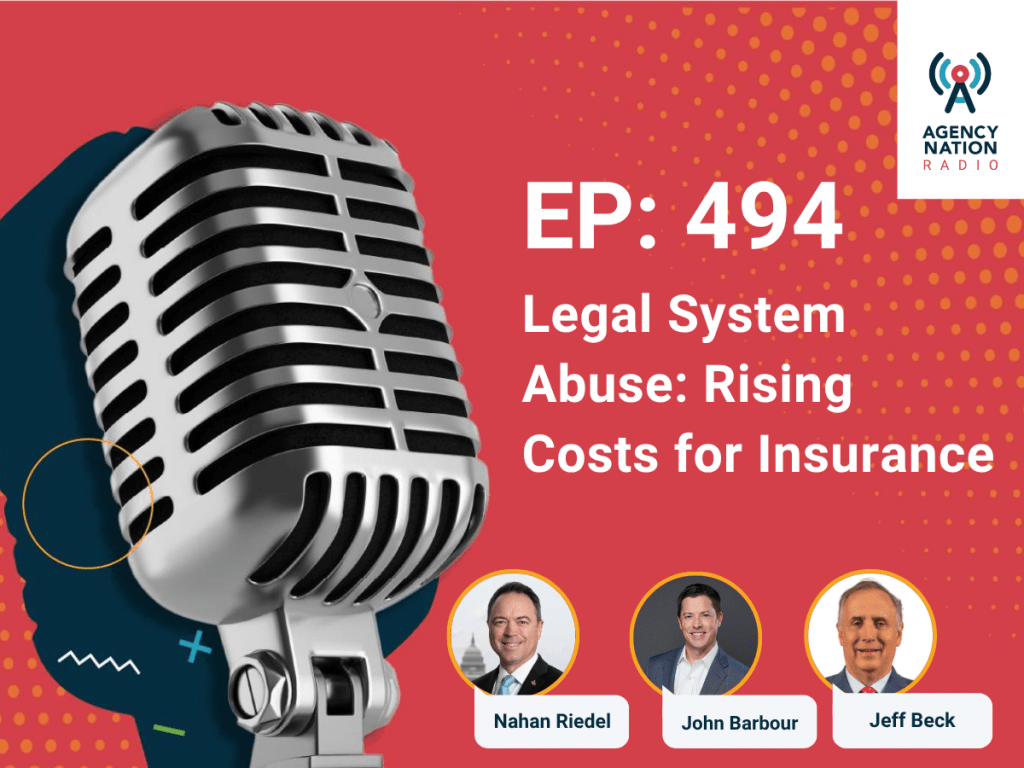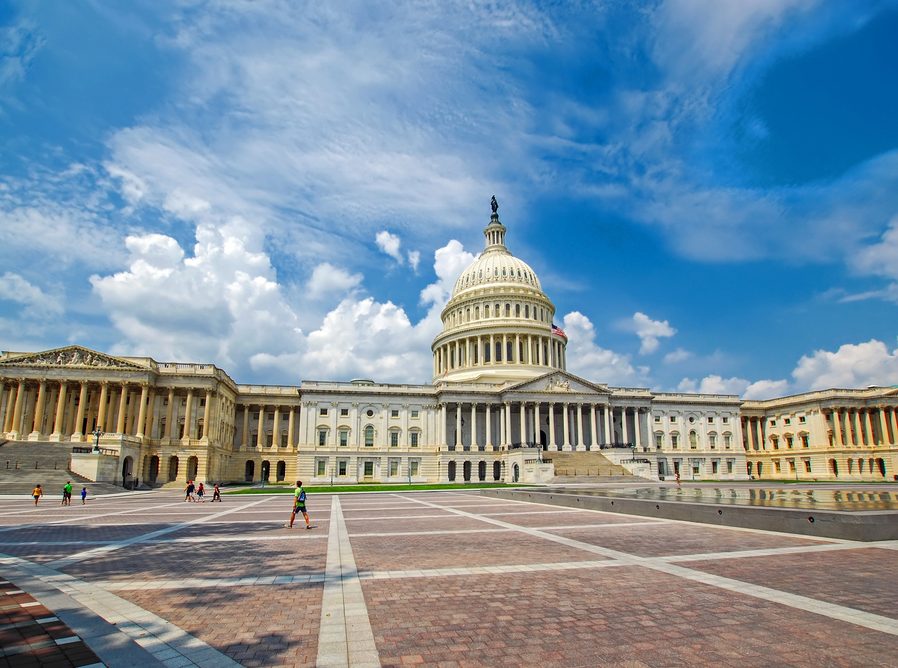Big ‘I’ Continues to Oppose Tax Increases as Reconciliation Talks Heat Up
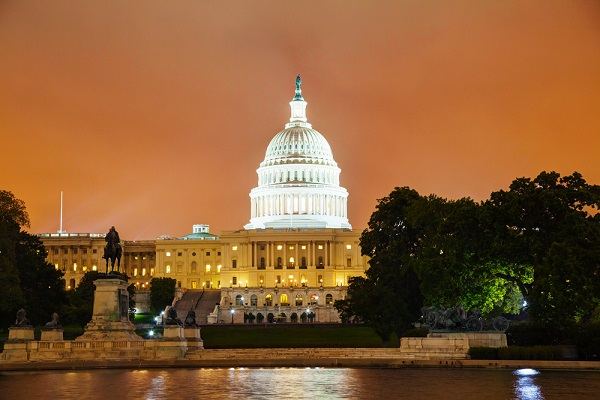
By: Wyatt Stewart
Earlier this week, the Big “I” joined nearly 200 organizations representing millions of Main Street businesses and employing tens of millions of American workers in sending a letter to congressional leadership urging them not to raise taxes on small businesses as part of any effort to enact a reconciliation bill this year.
The letter was timely as talks between Senate Majority Leader Chuck Schumer (D-New York) and Sen. Joe Manchin (D-West Virginia) have been progressing in recent weeks. The aim of the discussions between Sen. Schumer and Sen. Manchin is to produce a scaled-back version of the Build Back Better (BBB) legislation that Senate Democrats could pass in a vote along party lines using the reconciliation process.
Early reports indicated that potential legislation could include prescription drug pricing reform, funding for energy and climate change policies, funding for Medicare, and an extension of Affordable Care Act subsidies.
In order to pay for this proposed spending, Senate Democrats are considering including two tax increases that would fall entirely on small, individually, and family-owned, closely held businesses.
First, Senate Democrats are considering expanding the 3.8% net investment income tax (NIIT) to include taxpayers who actively participate in their business and have adjusted gross income in excess of $400,000—or, in the case of a married taxpayer filing a joint return, $500,000. Currently the NIIT only applies to passive income.
Second, they are considering limiting the ability of small, individually, and family-owned businesses to fully deduct their losses during an economic downturn by expanding and extending the so-called “excess business loss limitation” for “noncorporate taxpayers.” Combined, these tax increases would raise revenues by more than $400 billion over 10 years on the backs of small, individually, and family-owned businesses.
In the letter to congressional leadership, the small business organizations noted that, “this is ill-advised tax policy and it is being considered at a moment when the economy is no longer growing.”
“First quarter gross domestic product (GDP) fell by 1.6 percent and many economists and forecasters predict that the second quarter GDP will also be negative,” the letter continued, “Meanwhile, the small business sector may already be in recession, as those businesses have lost employment in three out of the last four months.”
The letter went on to note that, “raising taxes on small and family-owned businesses with the economy on the brink of a recession, a situation which is compounded by the other post-pandemic challenges they face, harms not only the businesses but the families and communities who rely on them. We ask you to reject these or any tax hikes on America’s small and family-owned businesses in any legislation considered this year.”
As negotiations on this slimmed down BBB package continue, the Big “I” will update members on important changes and provide details on the association’s advocacy efforts to push back against the package’s most onerous small business policies.
Wyatt Stewart is Big “I” assistant vice president of federal government affairs.

